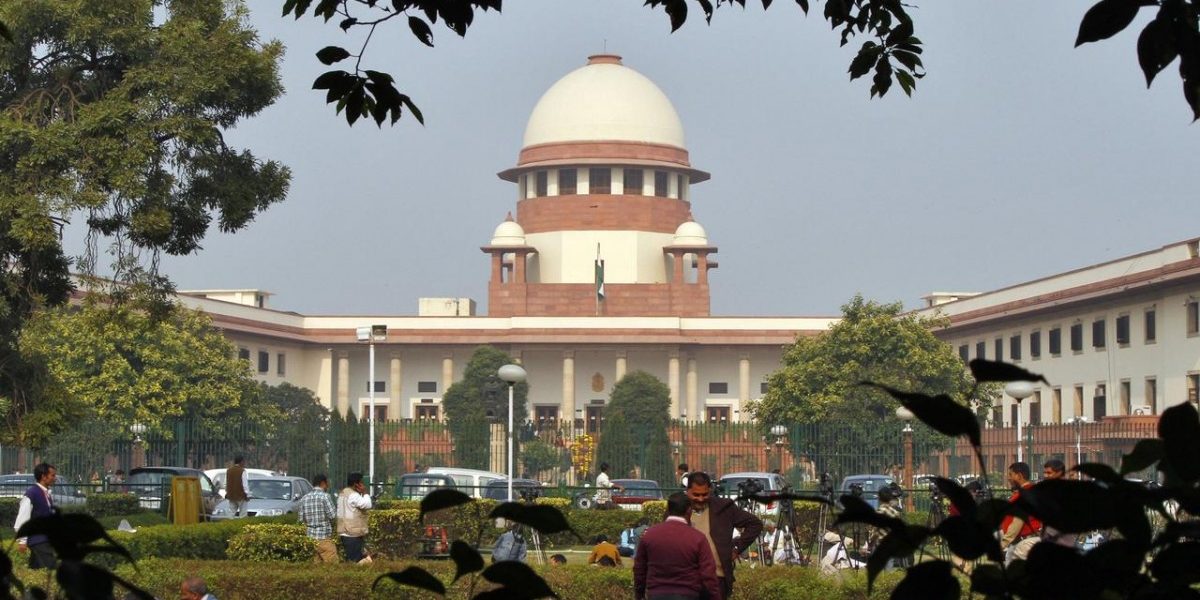New Delhi: The Supreme Court, hearing the contempt case against lawyer and activist Prashant Bhushan over his tweets, reserved its judgment on Wednesday.
The registration of the suo motu contempt case against Prashant Bhushan stems from a petition filed by Mahek Maheshwari, an advocate based at Guna in Madhya Pradesh, seeking contempt action against both him and Twitter India.
According to two reports on LiveLaw, the hearing saw gripping arguments where Bhushan, through his counsel, defended his tweets on the Chief Justice of India and his criticism of the court as entirely fair.
Appearing for Bhushan, advocate Dushyant Dave said that the social media comments Bhushan had made were not born out of malice, but from the notion that the court should be stronger.
“If he feels there were certain aspects where the court could have done something differently, it could be taken as a suggestion,” Dave said.
Dave made several points on the nuances of Bhushan’s criticisms and cited examples from earlier cases, like the Spycatcher case, when “a paper carried a caricature of the judges drawn upside down.”
“To criticise a judge fairly, albeit fiercely, is not a crime, but a right,” he said. Dave stressed that Bhushan’s tweets did not obstruct the administration of justice.In the course of his arguments, Dave also added that Bhushan has earlier brought “hundreds of cases” to the court’s notice, earning its appreciation many times.“If he makes a mistake, will you initiate contempt proceedings against him? His remarks are only for the betterment of court!” he said.“People like Bhushan take up issues that many times the executive is not willing to do. If he was pro-establishment, he would have got a Padma award,” he added.Dave also sought for the recall of the contempt notices on Bhushan on the ground of technicality that V. Venkatesan had highlighted in his analysis for The Wire.
Dave said that Maheswari’s complaint, referred to at the beginning of the article was “defective,” as it was not accompanied by “the sanction of the Attorney General as mandated by Section 15 of the Contempt of Courts Act 1971 and Rule 3(c) of the Rules to Regulate Proceedings for Contempt of the Supreme Court 1975.”
Dave also highlighted the placing of the complaint directly before a bench headed by Justice Arun Mishra, when the ‘Master of the Roster’ is the Chief Justice of India. Bhushan had requested that Justice Mishra recuse himself from hearing this case. In an interview to The Wire, Dave had supported this request.
































